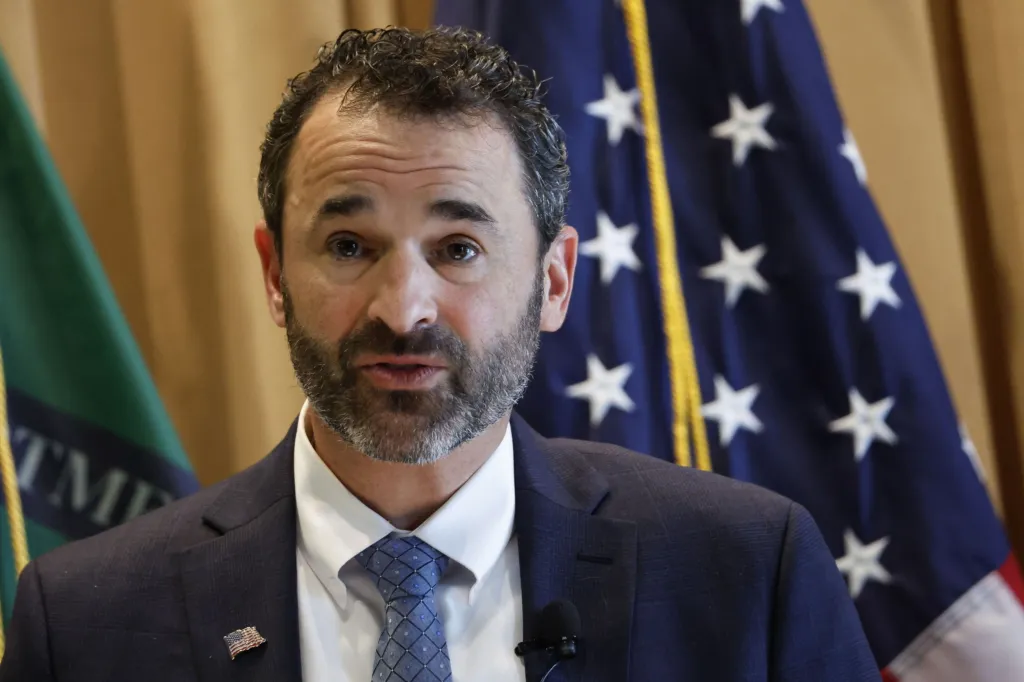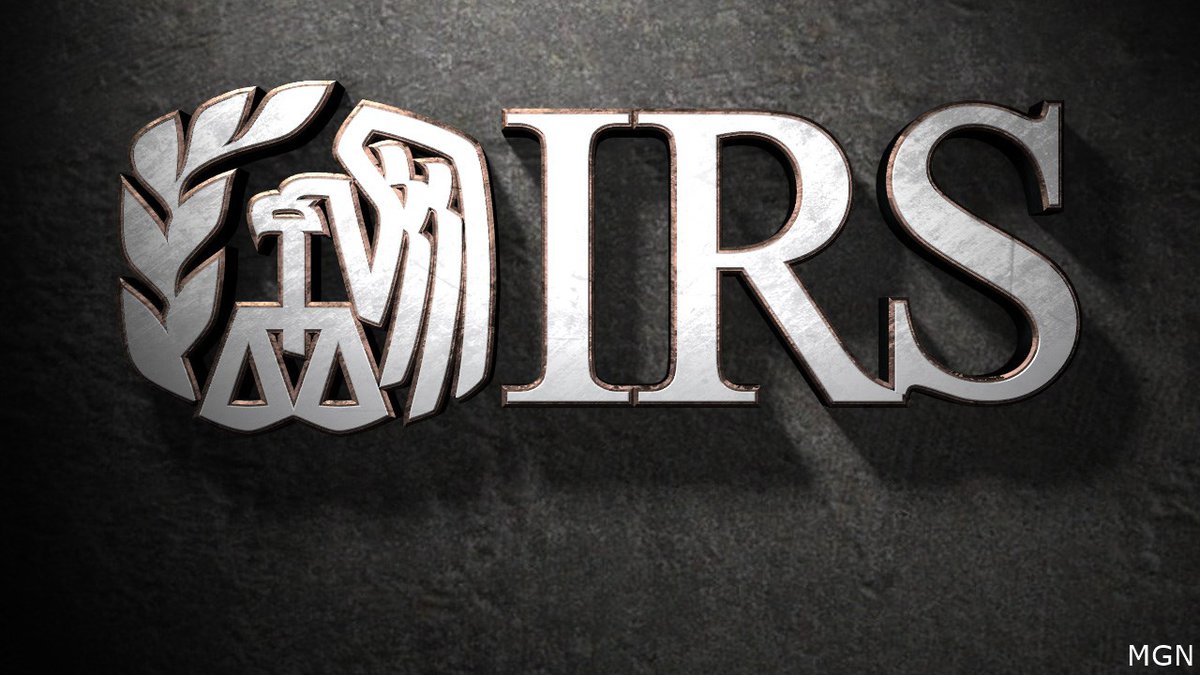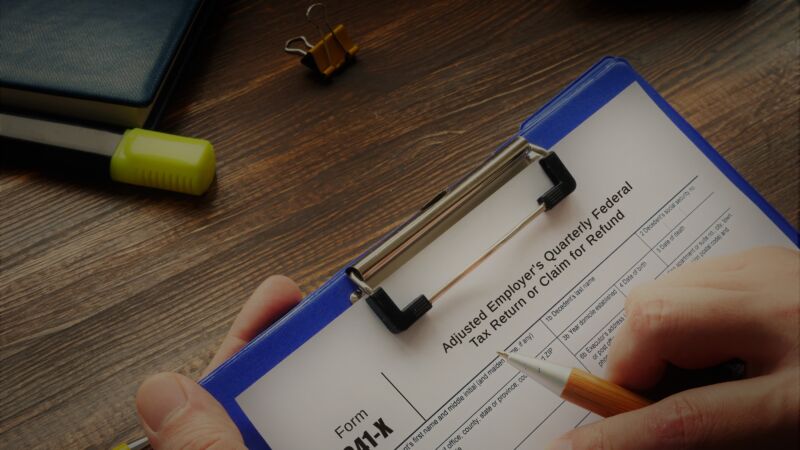The Internal Revenue Service (IRS) has added extra measures in an effort to mitigate the rise in fake Employee Retention Credit (ERC) claims. These initiatives were disclosed by IRS Commissioner Danny Werfel at an IRS Nationwide Tax Forum in Atlanta. Having made substantial progress in clearing its backlog, the IRS is now focusing on enhancing its processes to verify ERC claims. Since the inception of the ERC early in the pandemic to encourage businesses to retain their employees, the IRS has received an overwhelming 2.5 million claims, with extended application deadlines. Commissioner Werfel noted that a significant portion of these claims are relatively recent, approximately three months old.
He raised to worry about the growing number of false claims, which are being driven by fraudulent marketing strategies used by promoters urging businesses to apply for the ERC. Commissioner Werfel explained, "The further we get from the pandemic, we believe the percentage of legitimate claims coming in is declining... Instead, we continue to see more and more questionable claims coming in following the onslaught of misleading marketing from promoters pushing businesses to apply. To address this, the IRS continues to intensify our compliance work in this area."
The IRS has consistently cautioned against the enticing promises of financial gain for potential recipients and has trained auditors to scrutinize ERC claims that display a higher risk of fraud. Simultaneously, the IRS's Criminal Investigation division has been actively identifying scams and firms promoting fraudulent claims.

To provide clarity to tax professionals and others, the IRS is offering legal guidance on the proper ERC rules. On July 20th, the IRS released a legal advice memorandum addressing five distinct scenarios, applying statutory criteria. This underscores that the Employee Retention Credit (ERC) eligibility related to supply chain disruptions hinges on whether a business had to cease operations because its suppliers were unable to deliver crucial goods or materials due to a government directive that also compelled the supplier to halt their activities. This guidance serves to clarify that mere supply chain disruptions, without a direct link to a government order, do not render an employer eligible for the ERC.
Commissioner Werfel acknowledged that most honest tax practitioners are making sincere efforts to adhere to the regulations. However, clients are being swayed by aggressive marketing claims and pressuring their tax preparers. He stated, "Hard-working tax professionals who play by the rules see their clients go elsewhere, lured by false promises and wild exaggerations. The resulting number of claims prevents the IRS from doing other priority work. But the biggest risk is being taken by the promoters pushing these schemes and businesses filing these claims. This is an area where we urge caution; those improperly claiming the credit could face follow-up action from the IRS."
While the eligibility period for the ERC for businesses is limited, covering only March 13, 2020, through December 31, 2021, businesses can continue to file claims for the credit until April 15, 2025, under current law. This extended timeframe means that the IRS will continue to receive claims, largely due to the aggressive advertising efforts surrounding the ERC. Commissioner Werfel expressed his concern, stating, the prevalence of deceptive marketing related to this tax credit is alarmingly high, causing a multitude of issues for tax professionals and the IRS, and introducing significant risks for businesses making erroneous credit claims. This situation is unfolding in a detrimental manner, adversely impacting all parties involved, except for the promoters behind these misleading practices.






